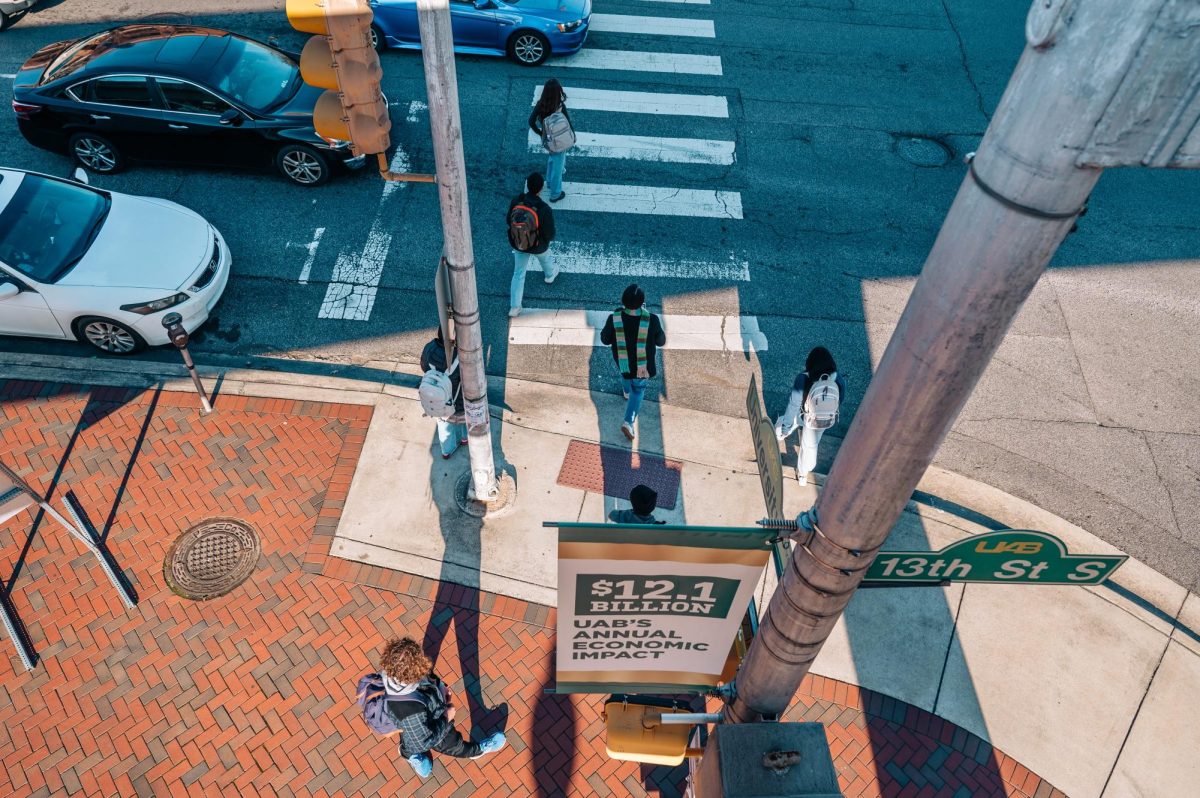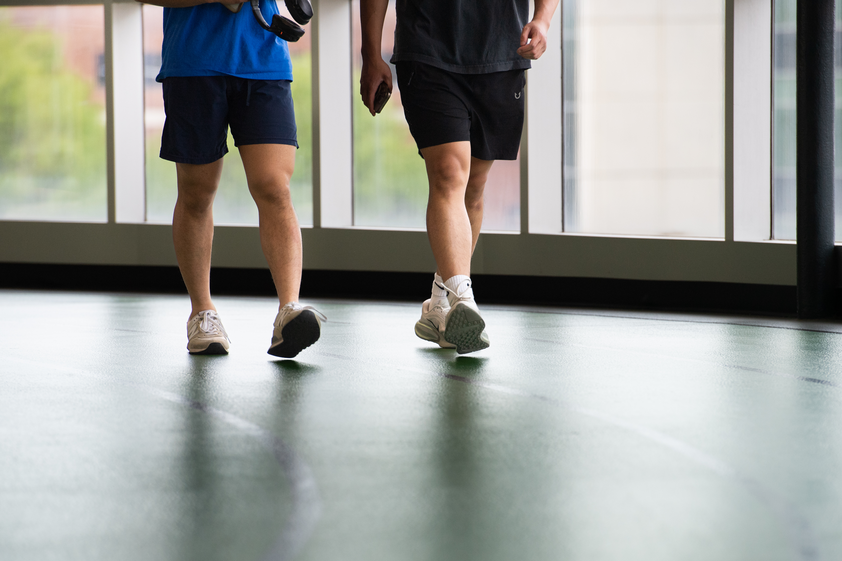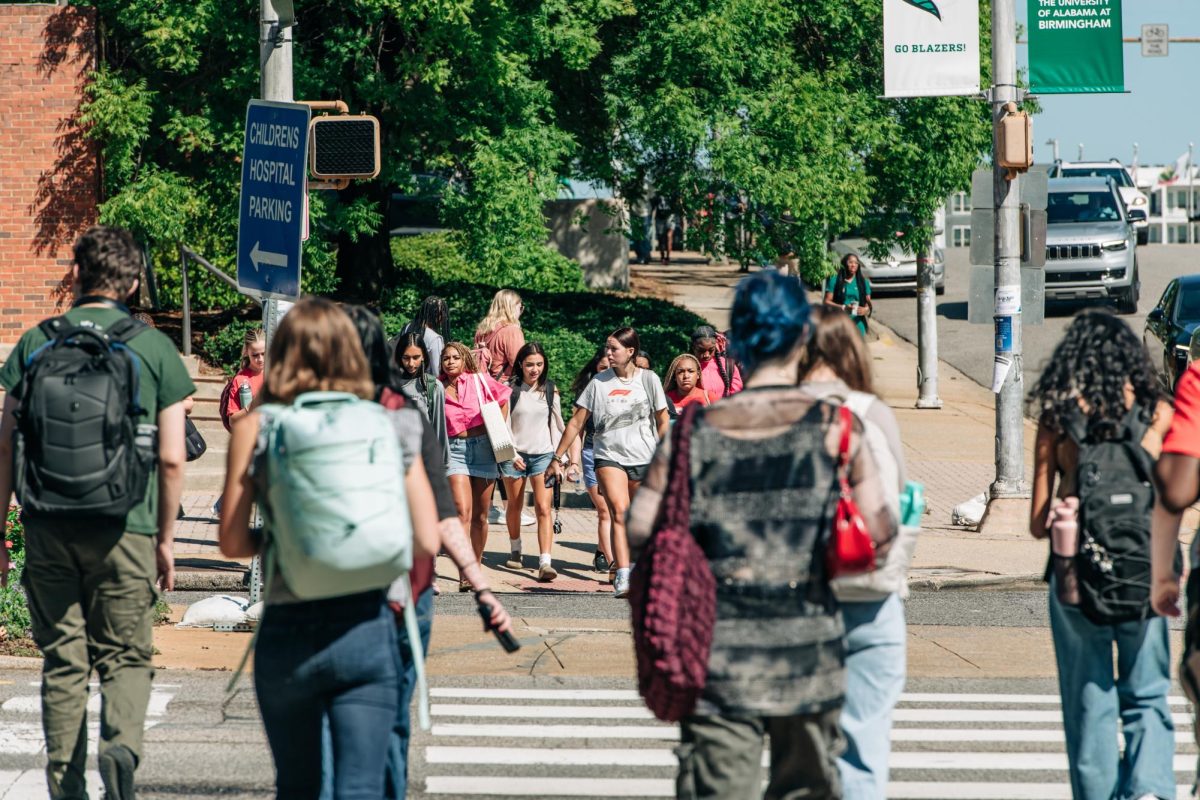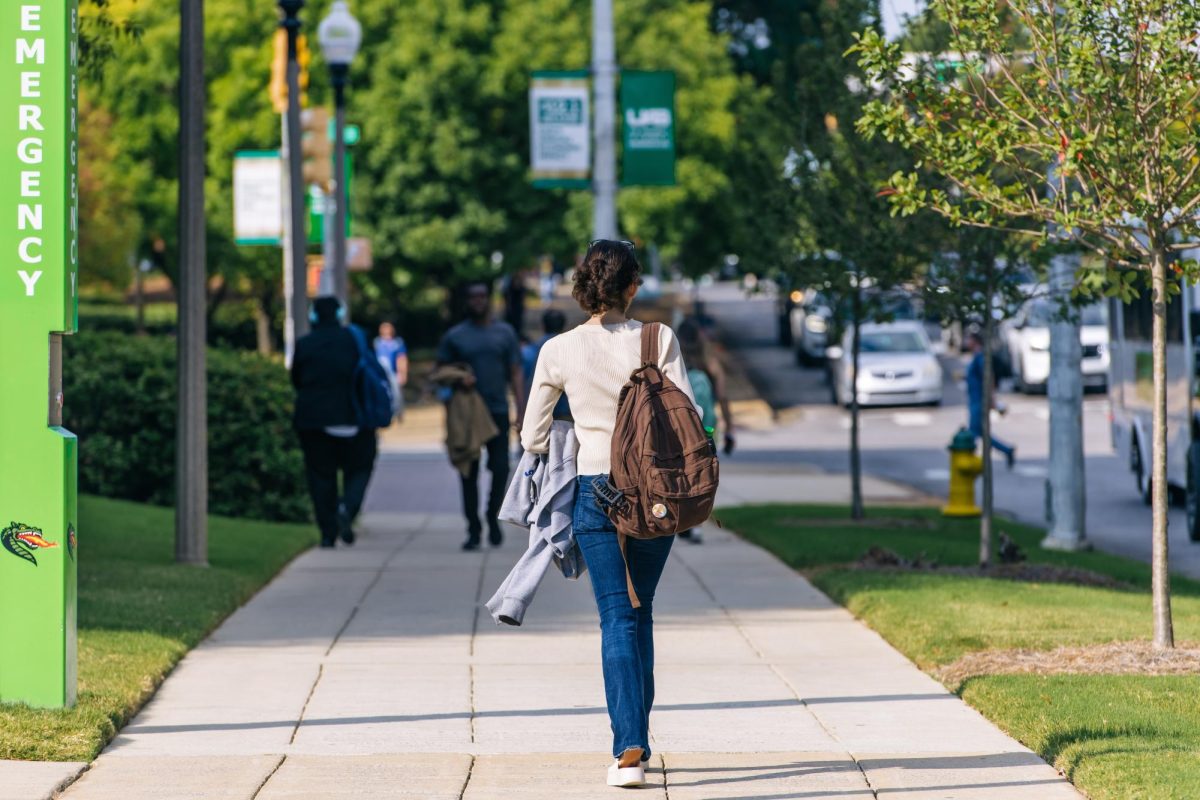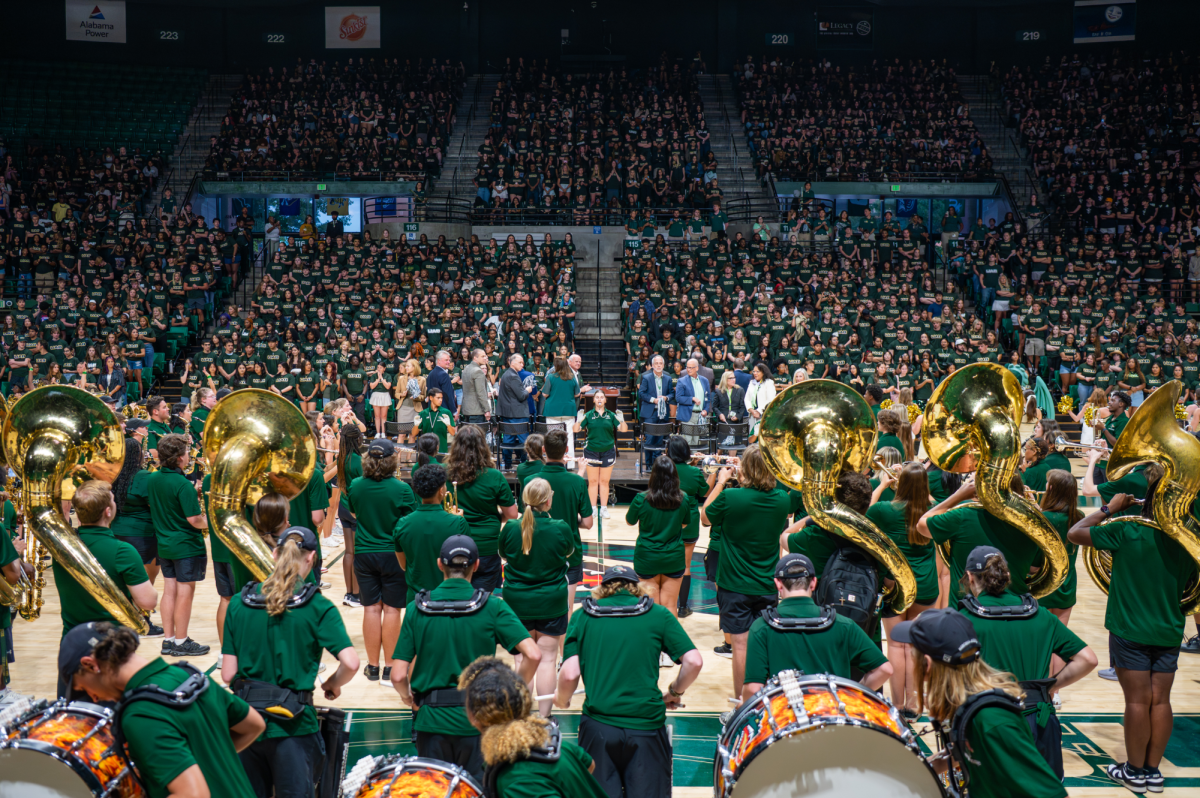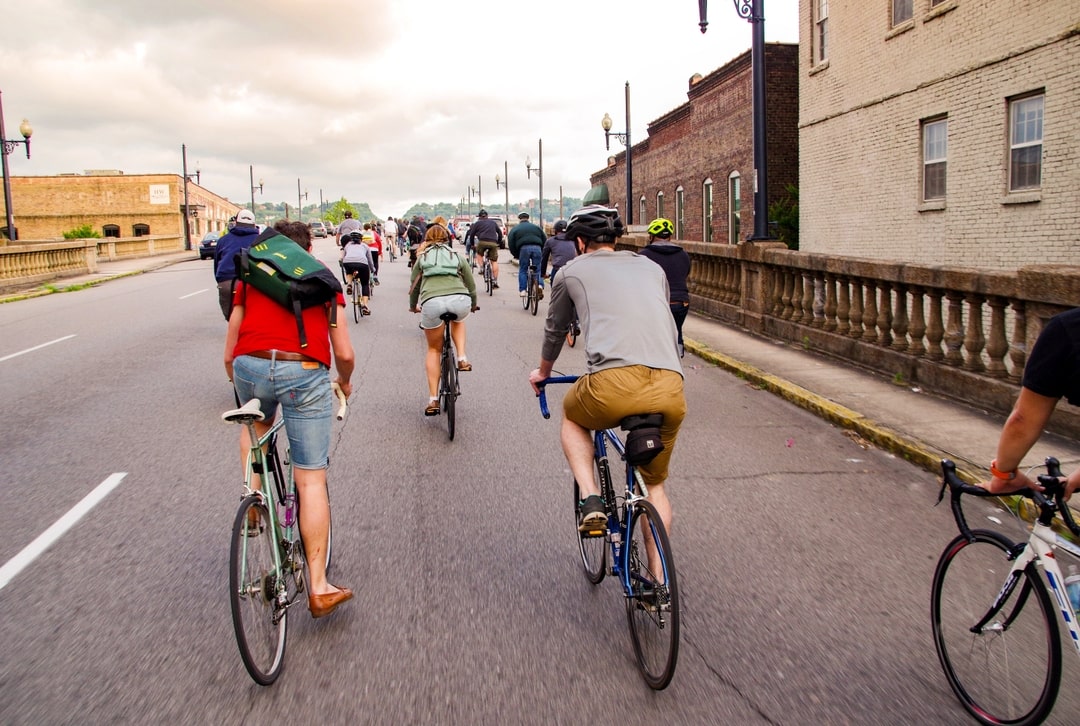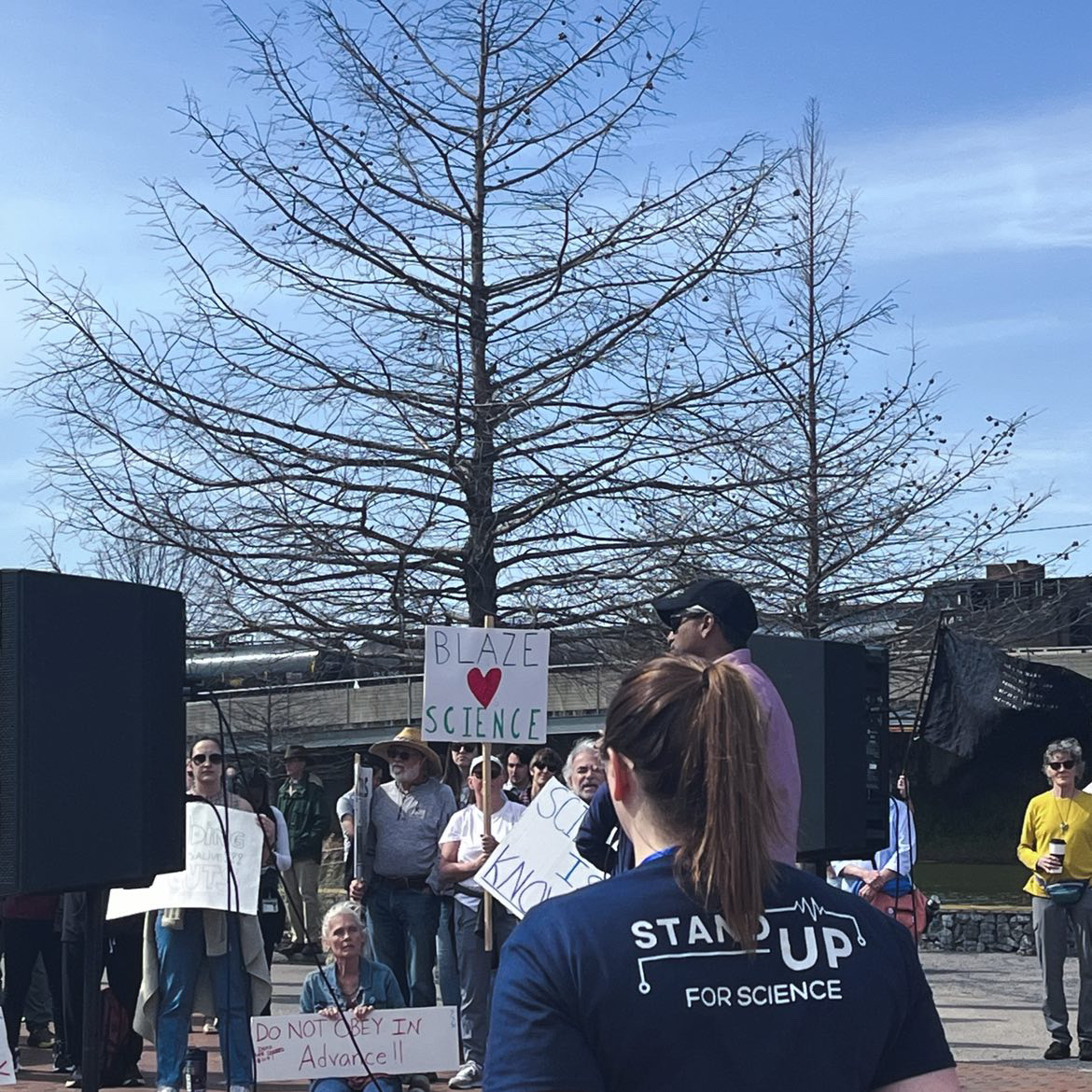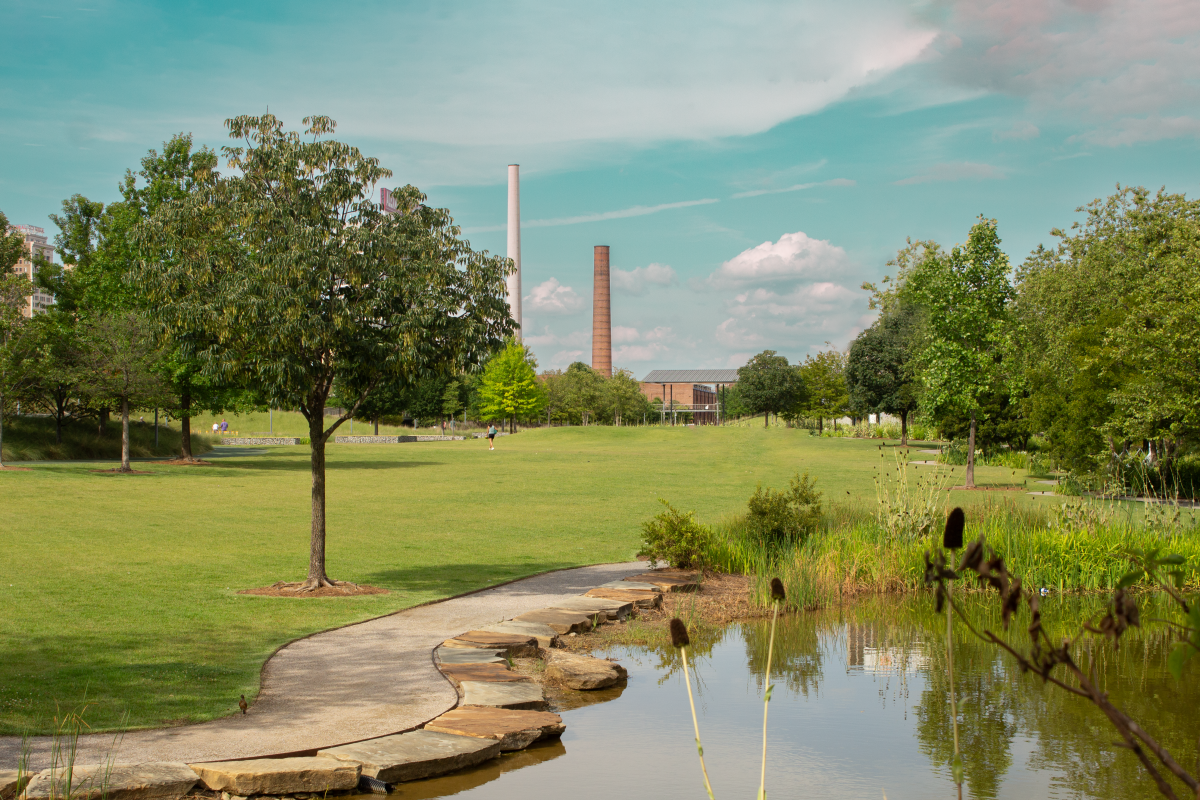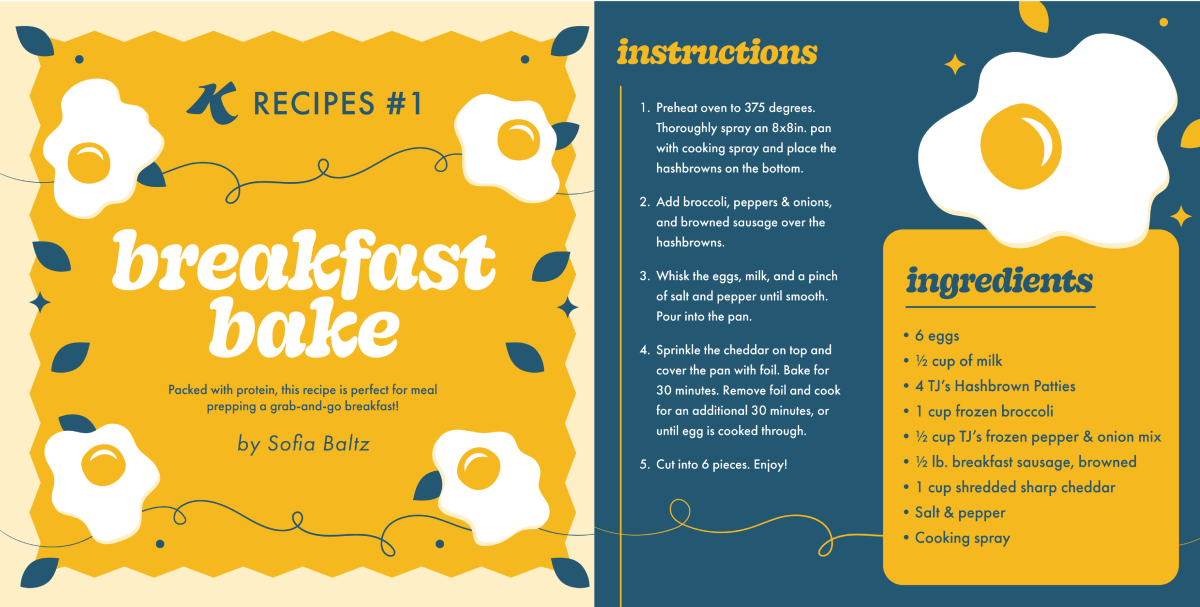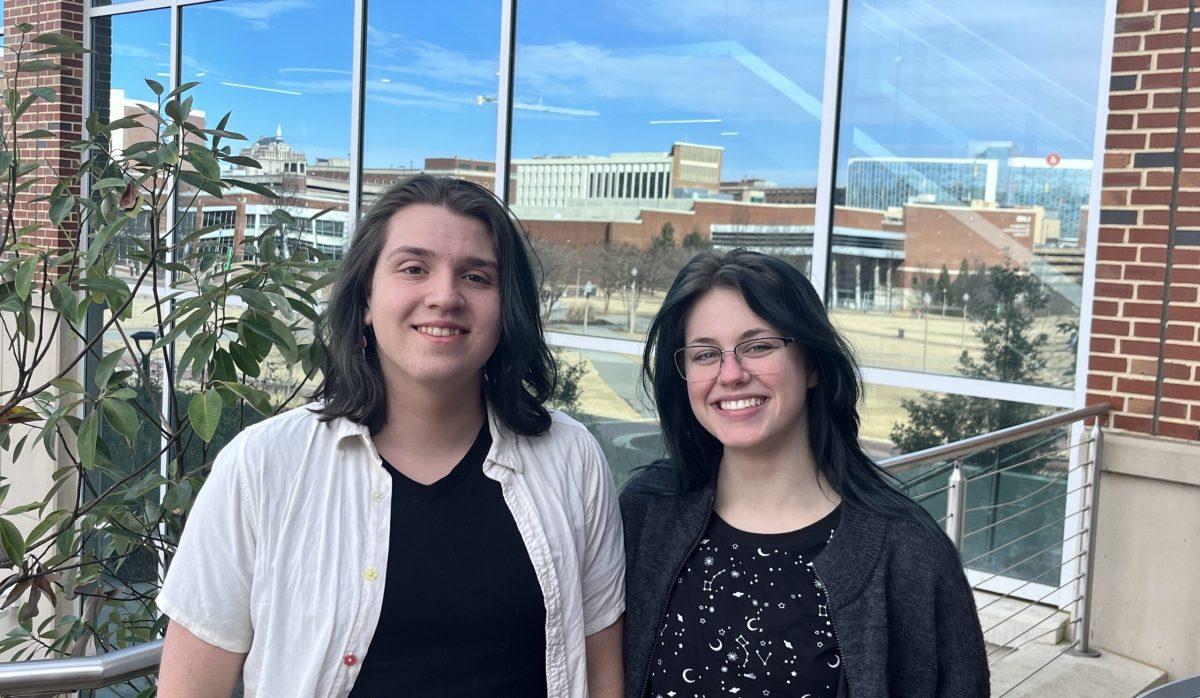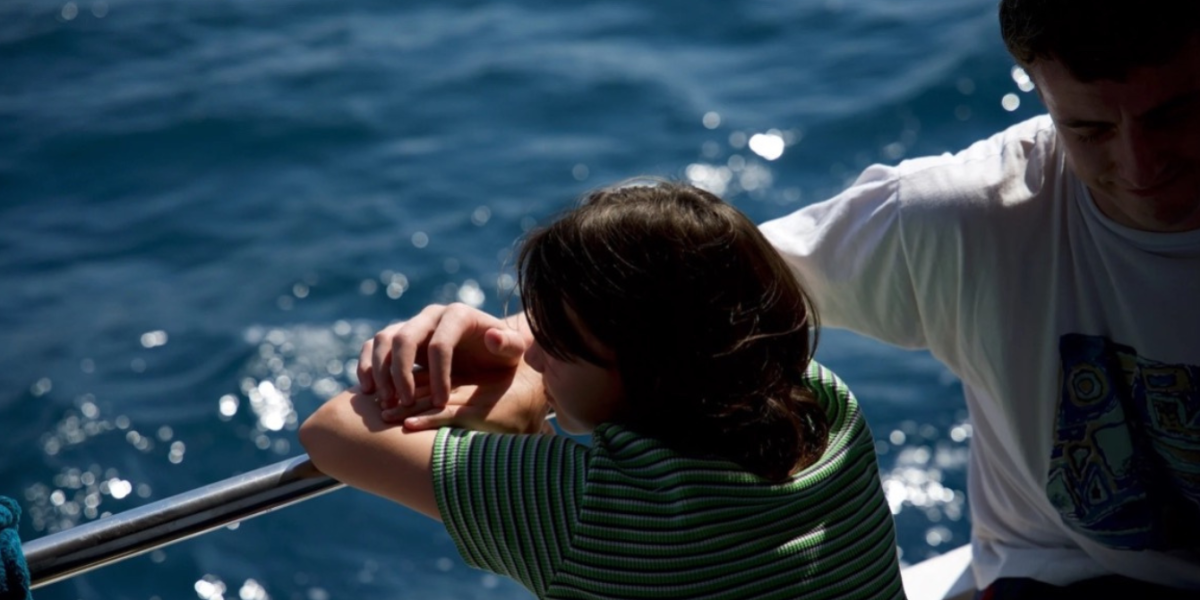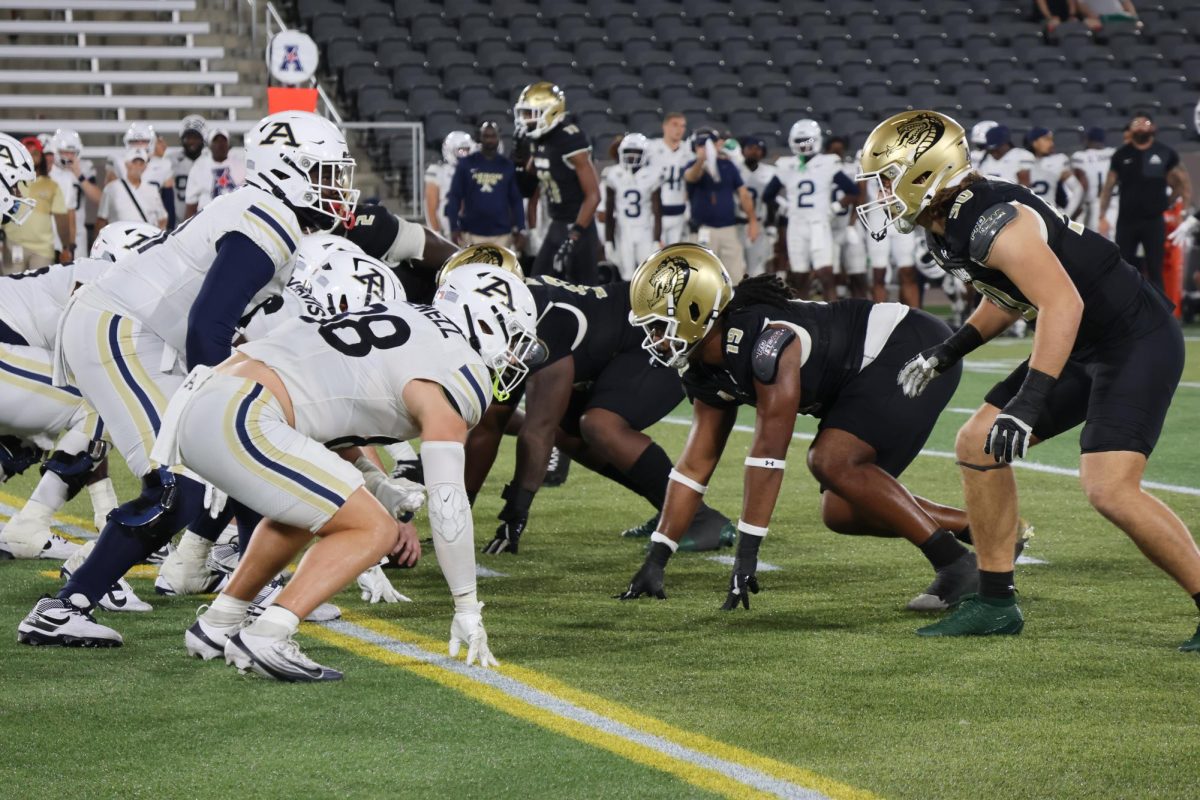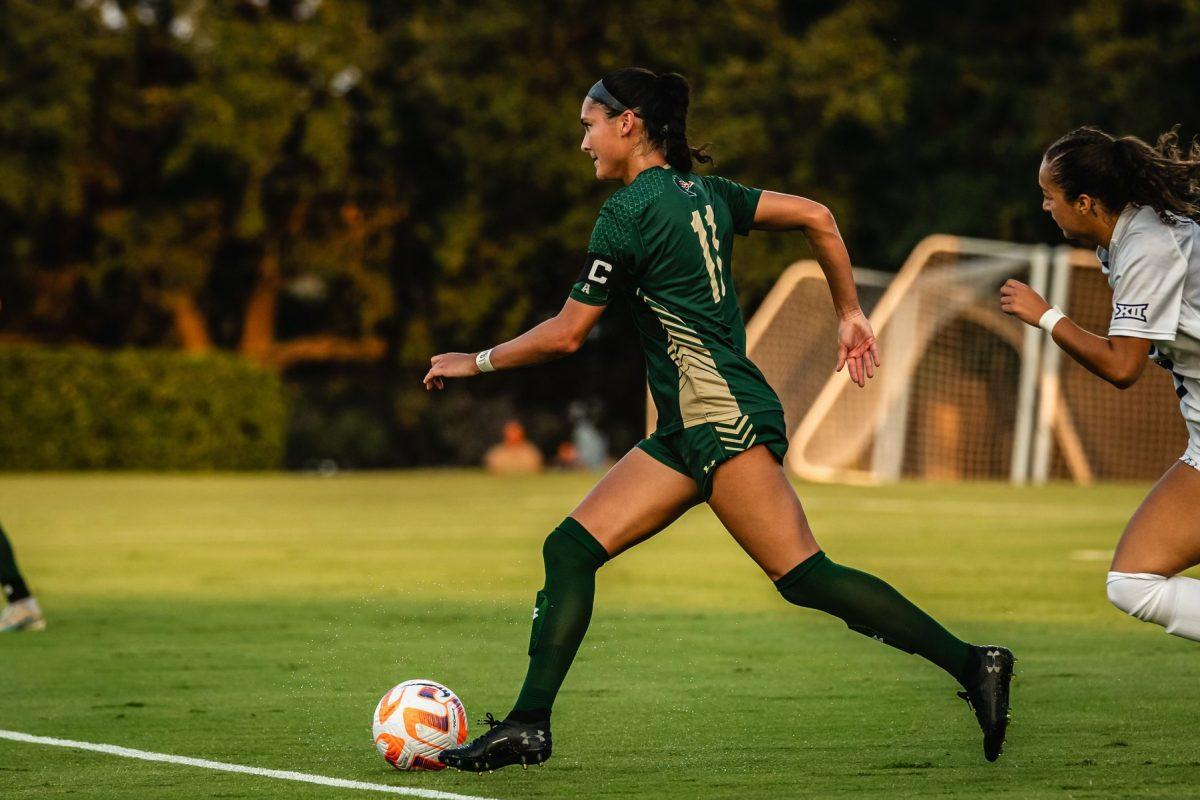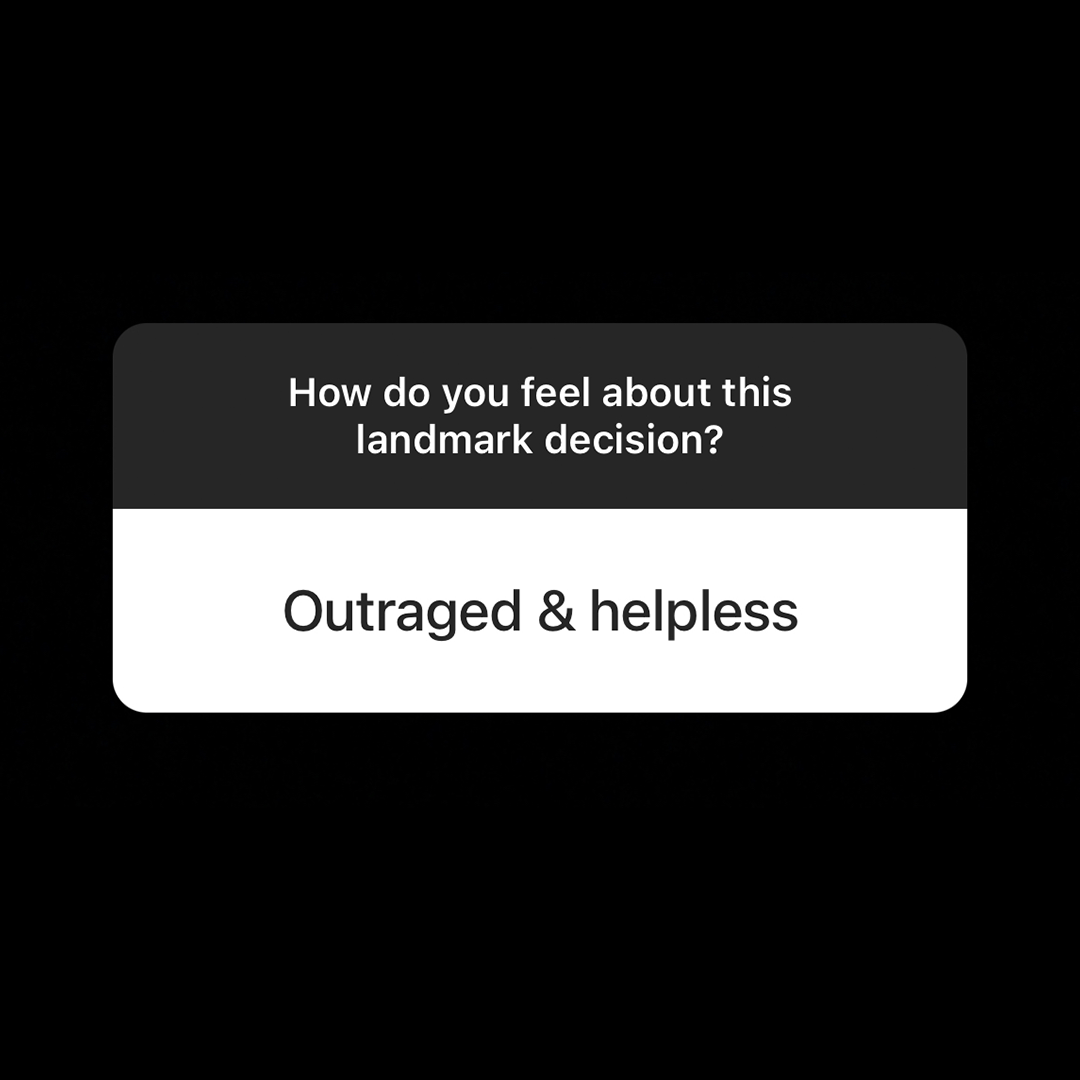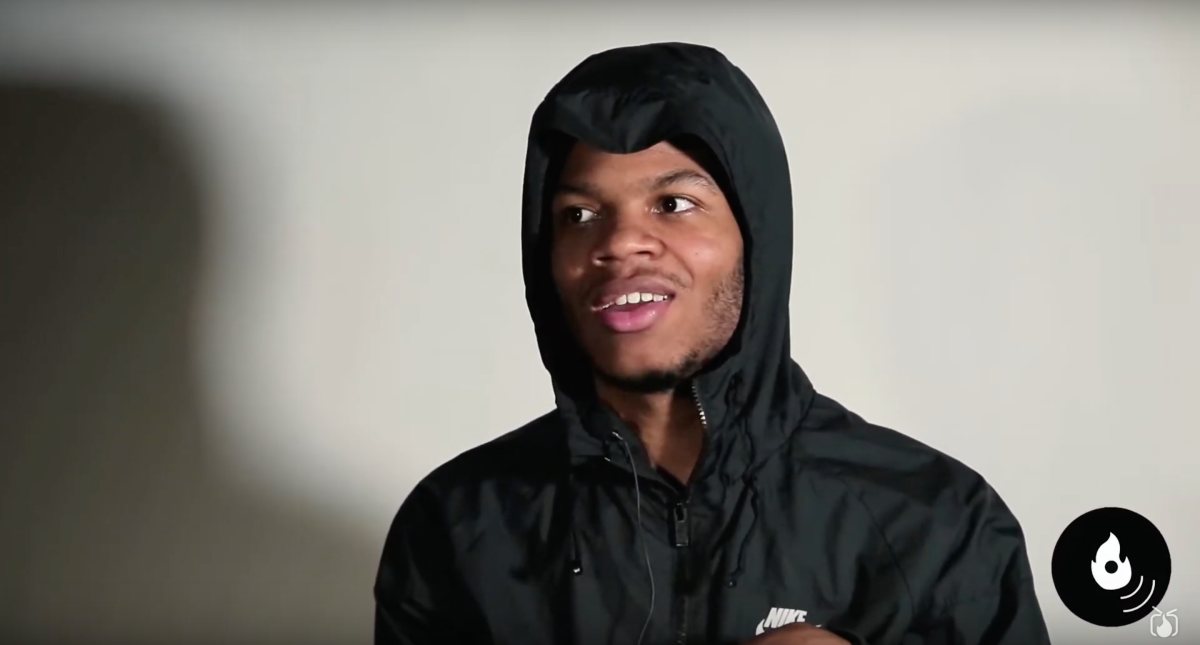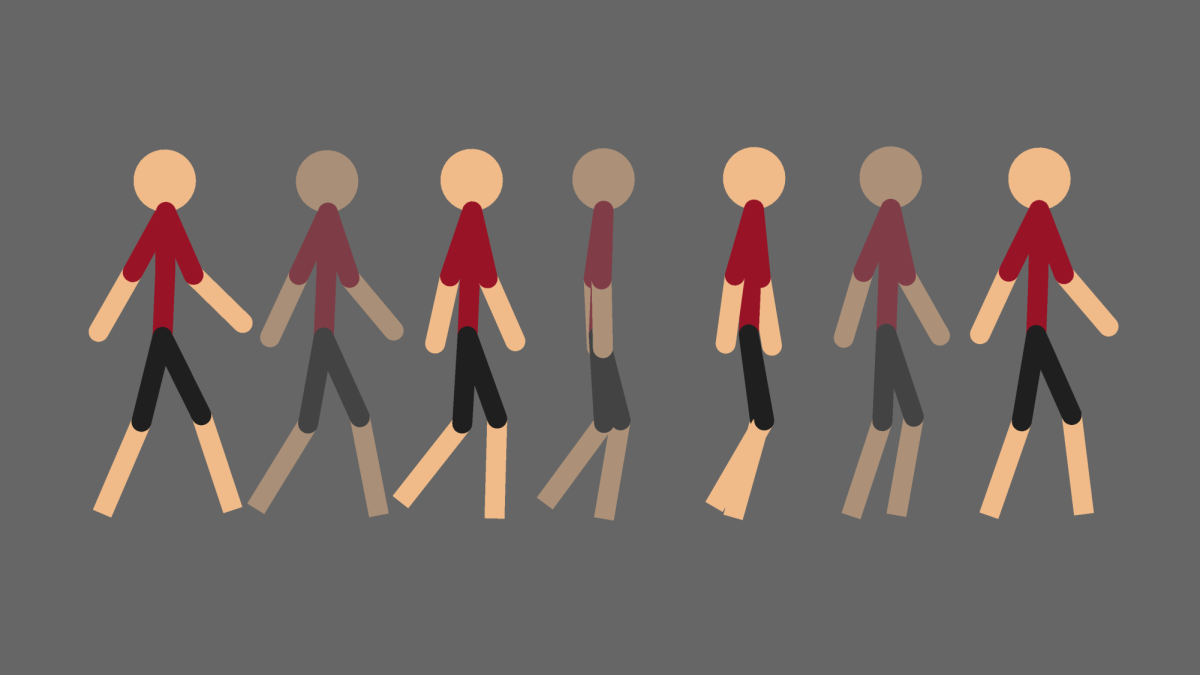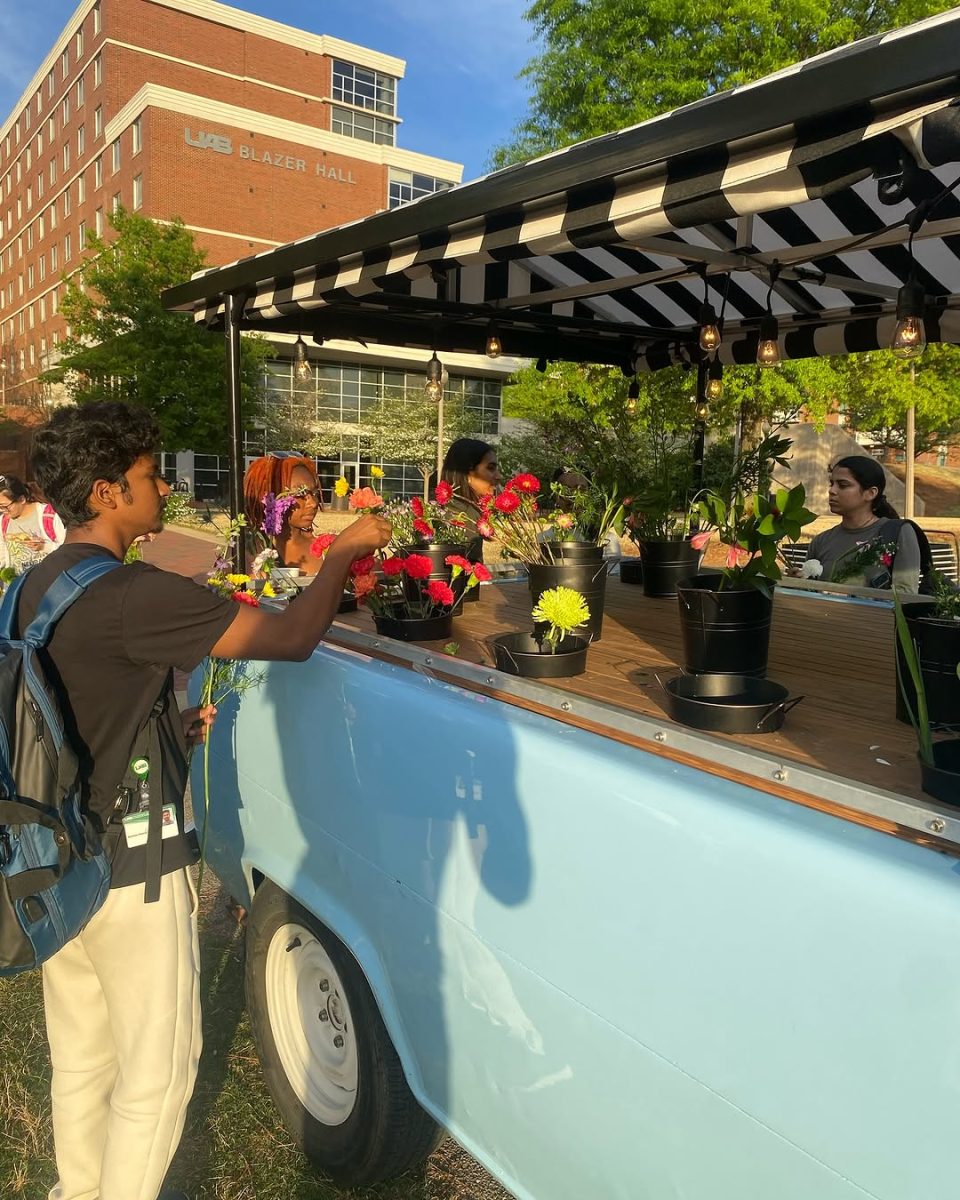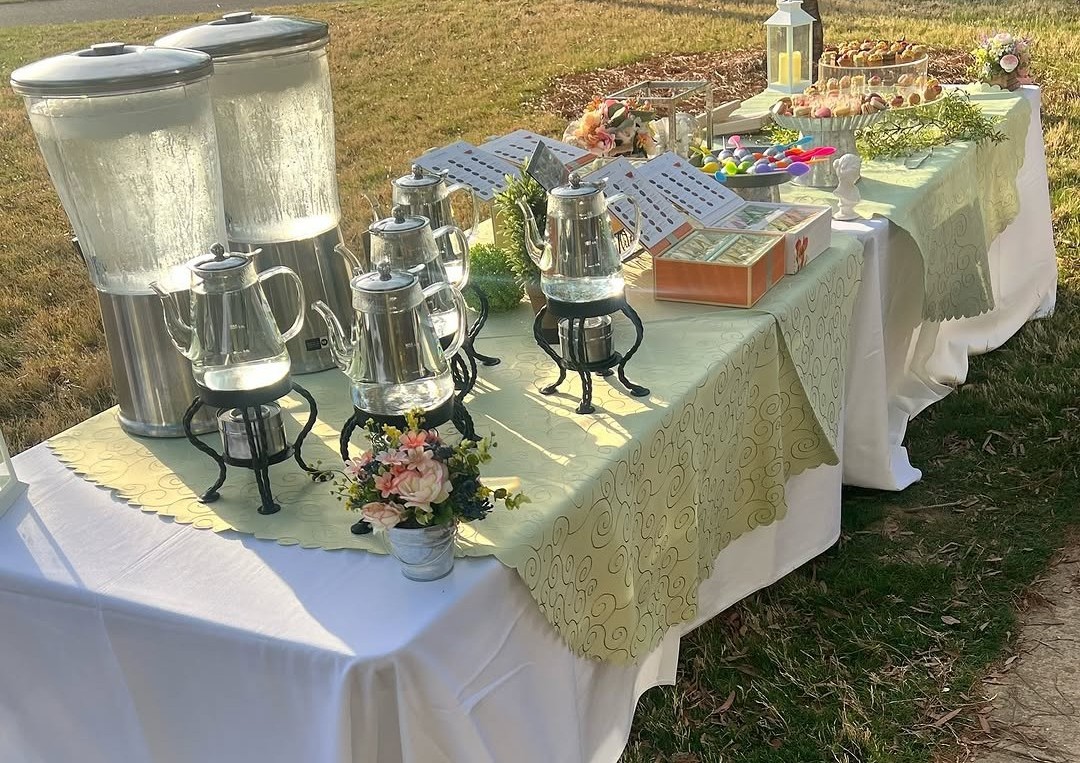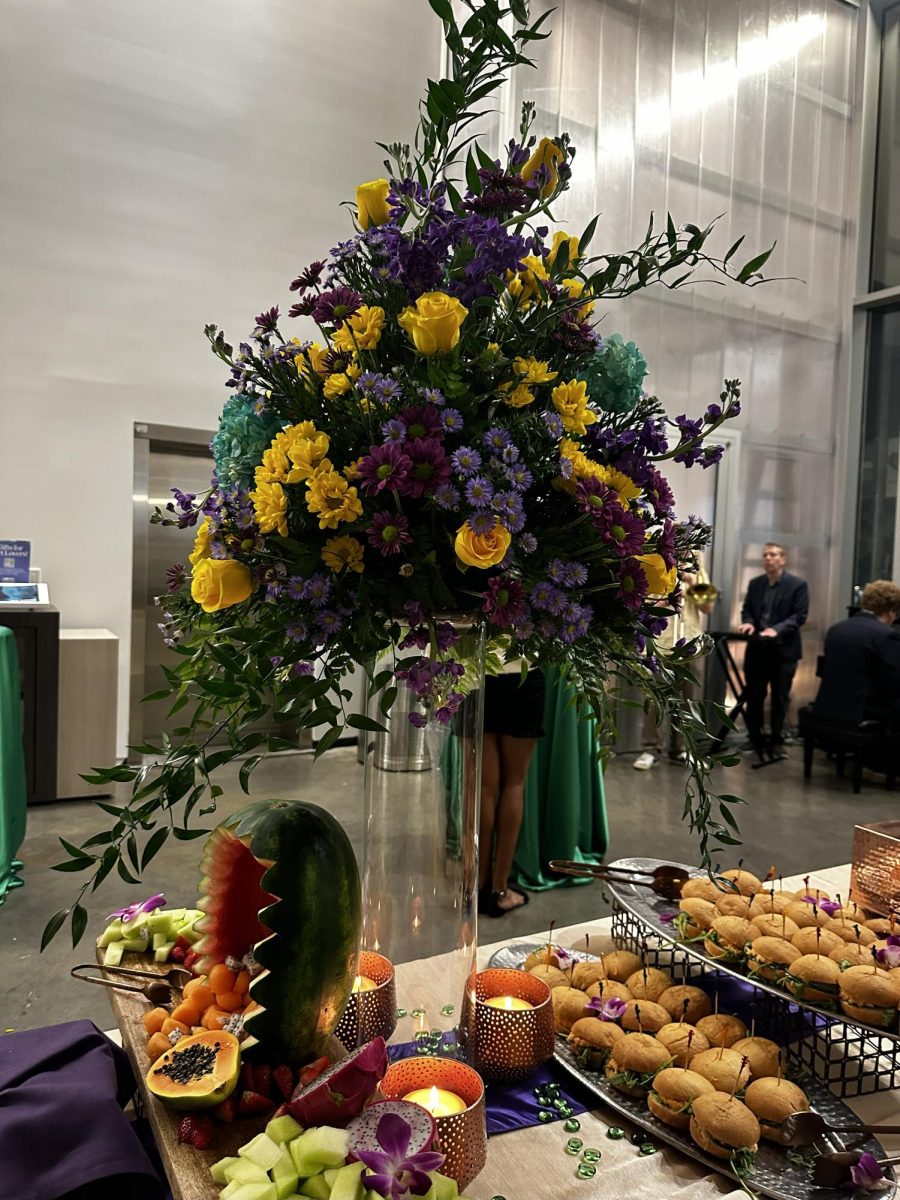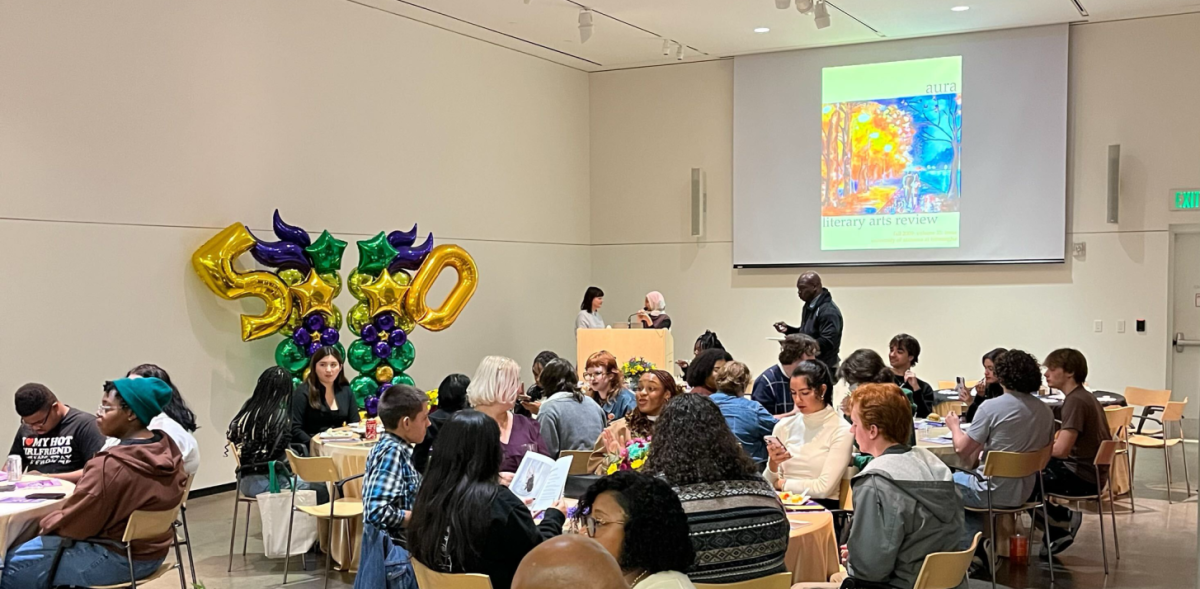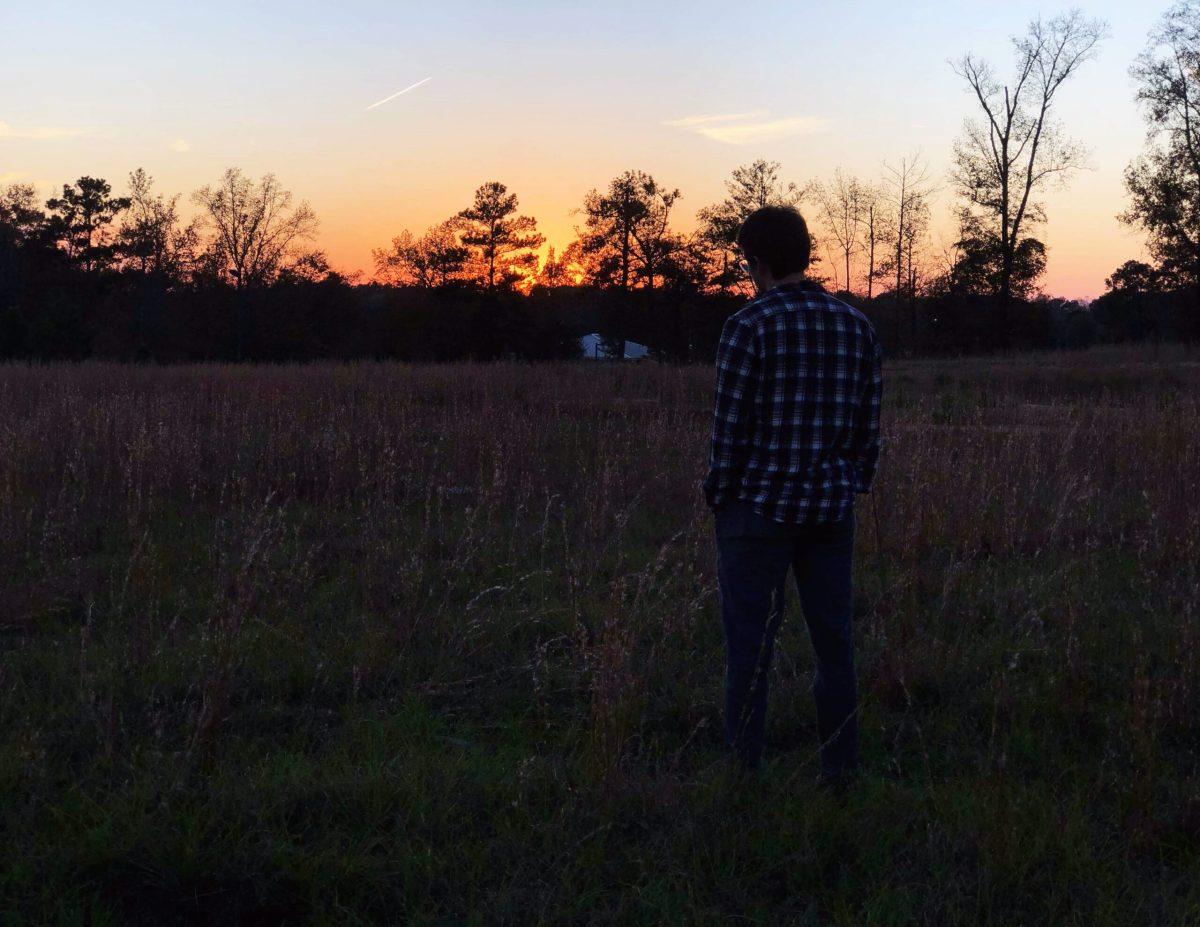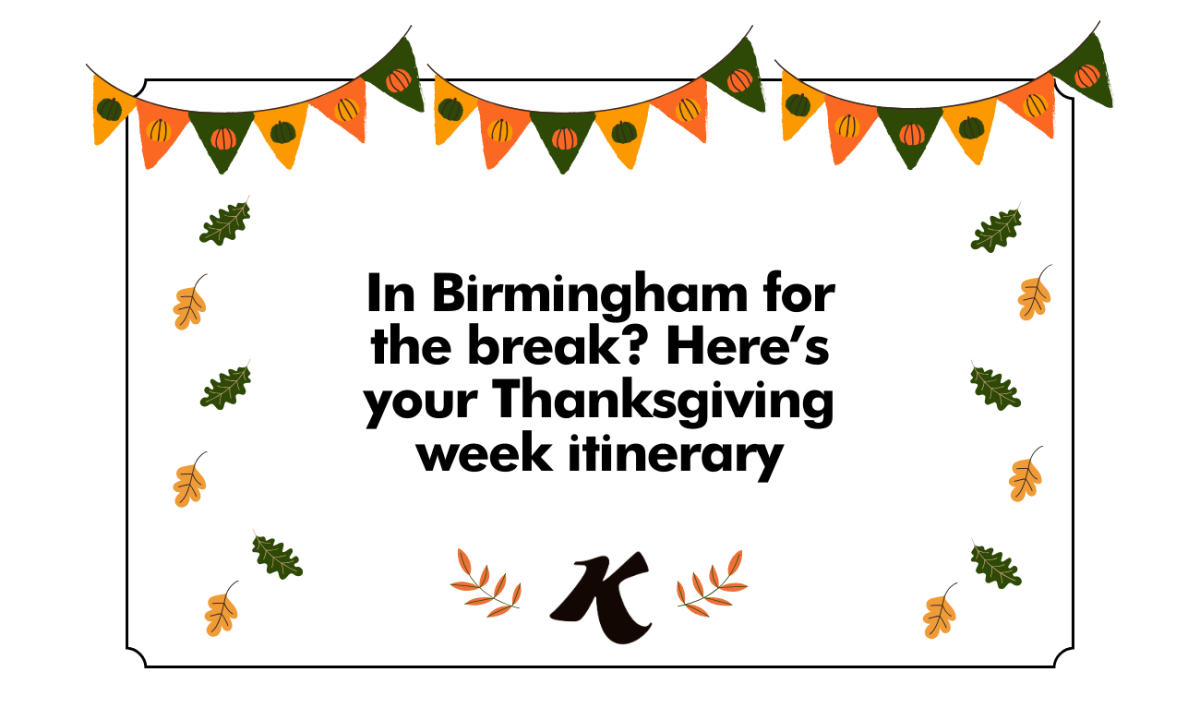It’s the most wonderful time of the year… or so it seems.
With this time of the year comes some amazing things: holiday food, time with loved ones and Christmas lights. But for the average college student, it can be an incredibly stressful time.
Before the break between fall and spring semester, we have to trudge through the last bits of fall and into the beginnings of winter with the load of final exams and projects on our backs. However, that’s not all that could be affecting our ability to dive into the excitement of the upcoming holiday season.
According to the National Institute of Mental Health (NIMH), Seasonal Affective Disorder (SAD) is a type of depression that can occur during the late fall and early winter months. People may begin to have mood changes, or not feel like themselves when the seasons change. Some feel “down” when the days get shorter and better in the spring when the daylight hours get longer.
Jim Garret, a retired psychology instructor at Jefferson State Community College, discussed how and why SAD can affect people.
“Studies indicate that, especially in the winter when the daylight hours our shorter, we do seem to often get more depressed,” Garret said. “Part of that is due to the fact that we’re not able to get out into the sunshine and the light when it gets dark earlier in the day. We’re more tired, and this can lead us to sleep more and not be as social.”
Garret also said that he believed SAD was something that affects people, especially students.
“It can definitely decrease students’ motivation, as well as people’s motivation in general,” Garret said. “Sometimes students get put under a lot of pressure around this time of year, and SAD can worsen that.”
Once the fall time-change hits and we lose an hour of daylight, it is easier to begin feeling more tired as the day goes on. The NIMH website states that signs and symptoms of SAD include oversleeping, overeating, gaining weight, and withdrawing socially.
Laura Dykes, an activities coordinator at an assisted living, said that SAD affects her ability to motivate the occupants.
“They tend to be more tired throughout the day as opposed to when it was the summer-time,” said Dykes. “They loved being able to go outside and bathe in the sun, but now that it’s cold they miss it and tend to keep to themselves more.”
She also added that this year is especially interesting, because the coronavirus has had a huge impact on the occupants’ morale.
This social withdrawal can be particularly draining, because during the holidays we are supposed to want to be around family and friends, and often are obligated to be social. The withdrawal can make us feel like hibernating.
Glenn Horsely, and undergraduate college student, explained how he is affected by SAD during the fall and winter months.
“At this time of year, there’s so much schoolwork, and it gets so dark so early now, so I am just tired all the time,” Horsely said.
When asked how he combats this tiredness, Horsely said that he has to make an effort to be more social, to keep from withdrawing and becoming isolated.
“Taking time to spend time with my friends is what keeps me going,” Horsely said.

